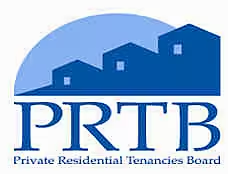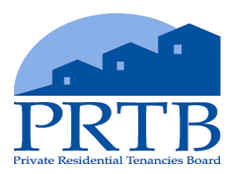
Most of the cases dealt with by the Private Residential Tenancies Board (PRTB) last year related to landlords retaining deposits.
The board’s annual report, published yesterday, revealed that 37 per cent of applications dealt with deposit retention and it remained the most common reason for parties seeking dispute resolution.
“A landlord is only entitled to retain a deposit where there is damage in excess of normal wear and tear, or where there are rent arrears or utility bills outstanding,’’ said the report.
In all, the board received 2,272 dispute applications, with 836 of those dealing with deposit retention and 719 rent arrears. “Rent arrears is the most common reason for a landlord to refer a dispute,’’ said the report. “Tenants are required by law to pay their rent when it falls due, regardless of whether or not they are in an ongoing dispute with their landlord.’’
The board was established in 2004 to operate a national tenancy registration system, resolve landlord/tenant disputes and provide policy advice to the Government on the private rented sector.
Yesterday’s report noted the growing private rental sector, which now represents 29 per cent of households, compared to 22 per cent in 2002. Board chief executive Anne Marie Caulfield said the trend was likely to continue, with less direct provision of local authority housing, difficulty obtaining mortgages, and a lower level of public confidence regarding employment and house prices.
“In other words, the private rental sector has never been more important in terms of Ireland’s housing needs,’’ she added.
There were 97,181 new tenancies registered last year, with a total of 264,434 tenancies on the board’s register by the end of the year.
Ms Caulfield said this also constituted a very valuable public sector data base for the Revenue Commissioners, in collecting the property tax, and the Department of Social Protection, dealing with rent supplement and fraud detection, and local authorities. Under the Residential Tenancies Act 2004, landlords must apply to the board to register tenancies within one month of their commencement.
Source: Michael O'Regan / The Irish Times.





